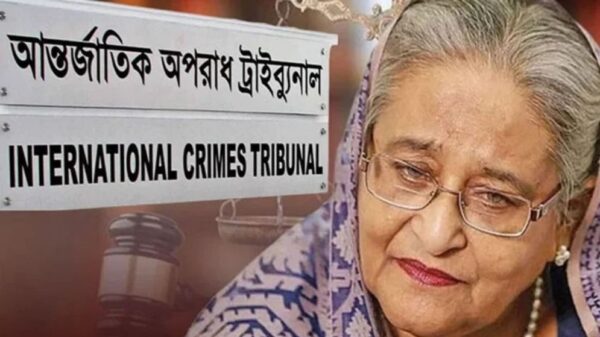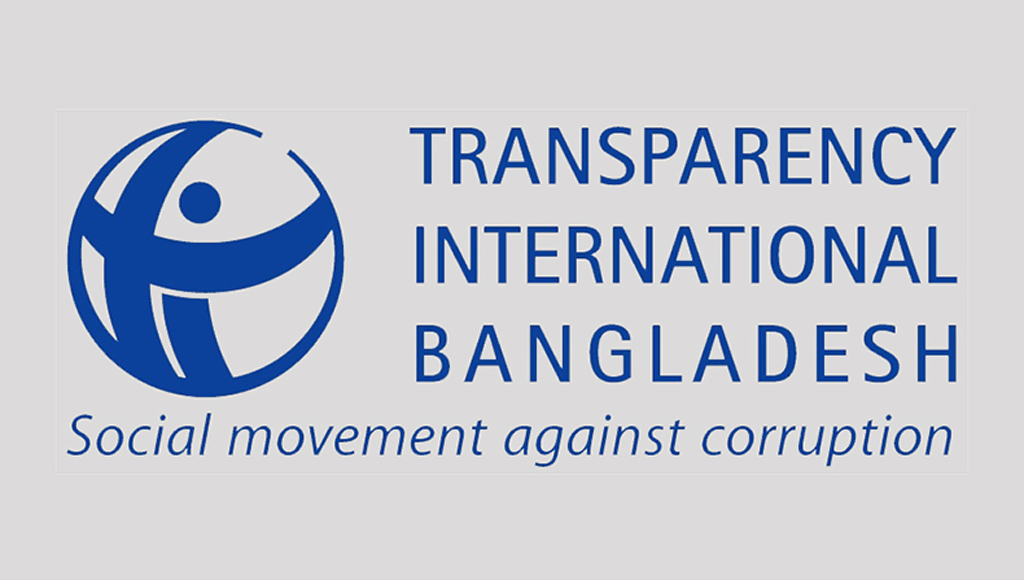Staff Reporter:
Despite substantial evidence of undeclared assets belonging to former land minister Saifuzzaman Chow-dhury Javed and his wife Rukhmila Zaman Chowdhury, the authorities concerned have failed to take action for an extended period.
The Transparency International Bangladesh (TIB) highlighted this case as a clear example of partisanship and ineffectiveness within key institutions, particularly at the leadership level, including the Bangladesh Financial Intelligence Unit (BFIU), the Anti-Corruption Commission (ACC), the Criminal Investigation Department (CID) of police and the National Board of Revenue (NBR), a TIB press release said yester-day.
The anti-graft watchdog emphasized that there is no alternative to strengthening and comprehensively reforming these institutions to effectively combat corruption and money laundering and to ensure ac-countability by identifying those involved in such crimes.
Since December of last year, no progress has been made despite the disclosure of specific information regarding the former land minister’s undisclosed assets abroad and widespread public concern.
Terming this highly disappointing, TIB Executive Director Dr Iftekharuzzaman said: “On December 26 last year, following the release of TIB’s report titled ‘Candidate Profiles in Affidavits,’ along with the ‘Know Your Candidate’ dashboard and subsequent media reports, the public and relevant authorities be-came aware of the former land minister’s investments and ongoing business activities in the UK, totalling over Taka 2,300 crore.
On March 4 of this year, through a collaborative initiative between TI UK and TIB, all specific infor-mation, evidence, and documents uncovered in TI UK’s investigation were sent to the BFIU, ACC, CID, NBR and the Attorney General’s office.
Although the institutions have ample proof, they failed to take any discernible action against the previ-ous land minister. Visible movement on this topic has only occurred after the government’s fall and the resignation of the BFIU head, which is seen as a positive indication.
Nevertheless, the persistent inquiry remains: why was no action implemented sooner, despite the signifi-cant evidence?’
The TIB chief further said: “The lack of action demonstrates that these institutions have become ineffec-tive due to partisan influences, with their leadership exacerbating this ineffectiveness? In reality, the misuse of authority has legitimized money laundering and the acquisition of undeclared assets.”
The fact that, he said, the government agencies are supposed to be looking into financial corruption in the nation have fostered corruption and have opened the door to corruption themselves by hiring, pro-moting, and providing unscrupulous benefits to party affiliates is a cause for concern.
Iftekharuzzaman said the former land minister’s enormous overseas assets accumulation that remains un-disclosed is only the “tip of the iceberg,” as the saying goes.
“These institutions need to undergo a thorough overhaul as part of the drastic changes that the student movement and the new Bangladesh are projected to bring about. The goal of a state that is free from corruption, well-governed, democratic, and accountable will remain a pipe dream,” he said.










































